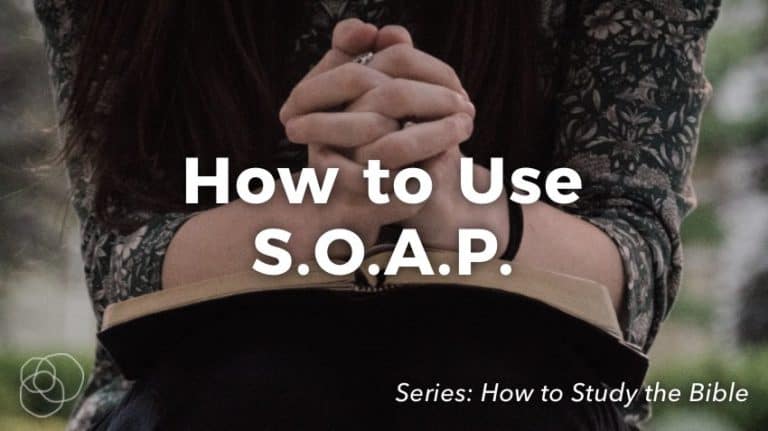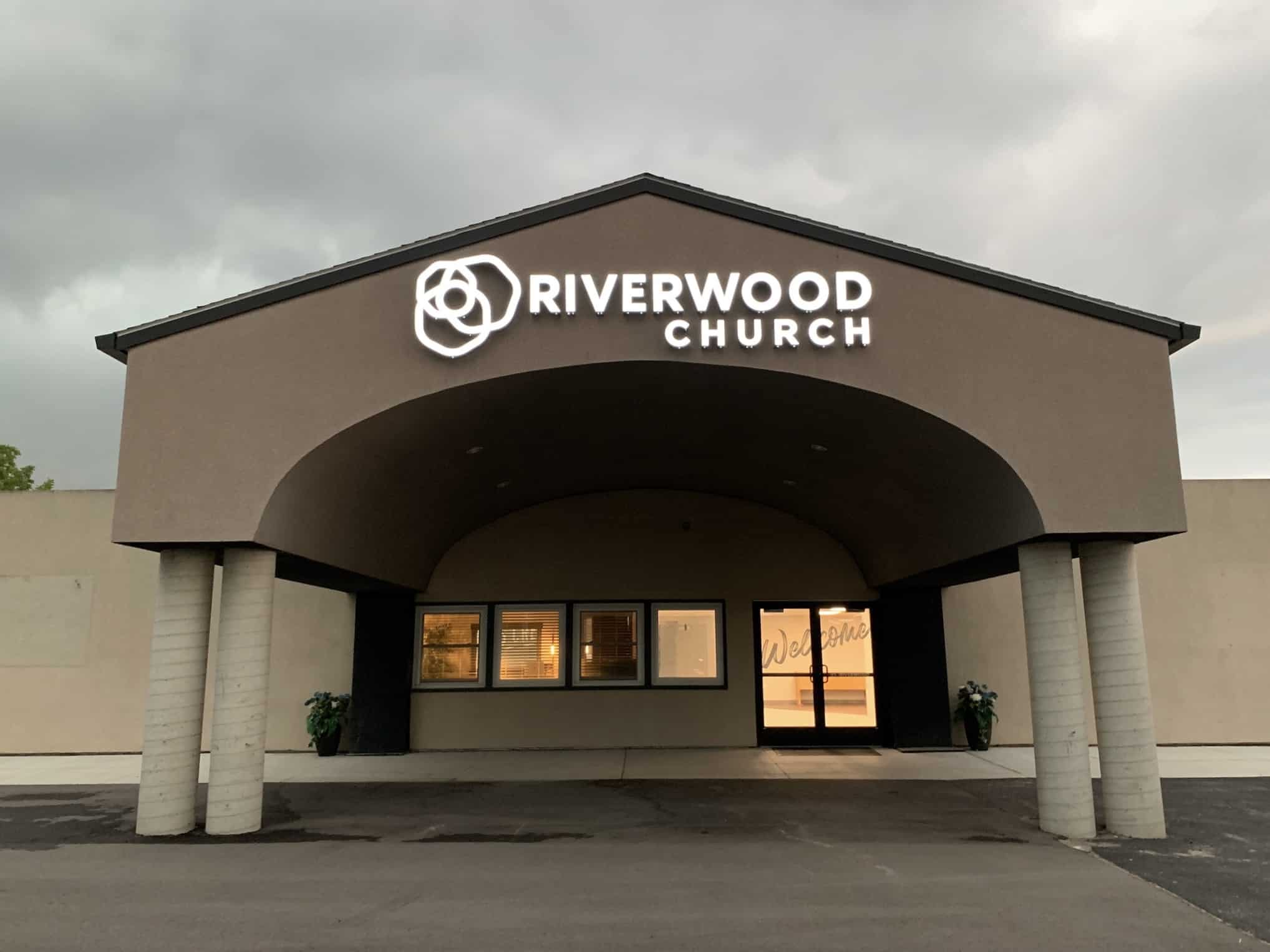
by Erin Bird
I want to continue the blog series I began last week, a series about various Bible study methods that can help you get the most of the Bible. This week's Bible study method is called the "S.O.A.P." method. (And yes, most people pronounce it "soap", not just rattle off the letters.)
The first thing with this method is to start with the Bible. It could be a paragraph, a chapter, or an entire book. But to get started, you have to read. If the portion you have chosen to read is shorter, I suggest you read it two or three times.
To give you an example of how this works, let's work with a verse. Take a moment to read John 14:1 once or twice or even three times:
"Let not your hearts be troubled. Believe in God; believe also in me."
After reading, simply highlight in your Bible or write down on a notebook what you see in the passage. As you begin to look back over what you just read, ask yourself:
When I look at John 14:1, a few things jump out at me:
#1. These words are said by Jesus to the 12 disciples.
Jesus is at the last supper with his disciples when He says this (John 13:1)
#2. He says to "not let your hearts be troubled."
Why were his disciples troubled? First off, Jesus started this Passover meal off by doing something really weird - washing the disciples feet (John 13:1-11). This was normally done by a servant, but Jesus (who the disciples believed to be the Messiah and true King of Israel) acts the part of the servant. Then Jesus tells the group one of them will betray him (13:21), followed with an admission that He was going to leave them (13:33). And finally, he tells Peter in front of everyone else that Peter will deny Him three times (13:38)
If I were one of the disciples, those would be troubling words and actions from Jesus.
#3. He says the word "believe" twice.
My ESV translation has a note by the first phrase "Believe in God" that says this phrase could also be translated "You believe in God." It seems like Jesus is saying, "I know you believe (trust) in God the Father, so believe (trust) in me because I am God the Son."
Next, ask yourself "How does this passage apply to my life today? How does this passage help me follow Jesus?"
Like the disciples at the start of chapter 14 in John, I've gone through unsettling times. While I have never sat in a room with Jesus and heard Him say strange things like this, I know the anxious feelings and the confused thoughts the disciples probably had at the Last Supper. So even though Jesus' words are said to The Twelve at a key moment in history, His words still ring true two thousand some years later. No matter what unsettling moment I am going through and no matter what anxiety I might be feeling about the future or a certain circumstance, I can trust Jesus.
Then, finish off your time in prayer, asking God to help you live out what was revealed during the "Application" step of this method:
"Heavenly Father, I ask you to help me to trust you. Give me peace. Give me courage. Through your Holy Spirit, please help my heart to not be troubled. Help me to trust Jesus to always be with me, no matter in what circumstance I find myself."
The S.O.A.P. technique is very simple, yet very powerful. I'm beginning this series with this method because it is one of the easiest methods to do, one of the quickest to learn, and one that can reap great spiritual rewards in your spiritual growth into Christoformity. While I hope one of the other methods we look at over the next several weeks will be helpful, if you only walk away with remembering one method, this is the one I would hope you would latch on to.
May you enjoy learning the Bible as you use S.O.A.P.
Receive Riverwood's "News & Notes" weekly email in your inbox. Submit your email address below and stay in the loop.

We are on a mission to help people love like Jesus loved and live like Jesus lived.
It doesn't matter to us if you:
No matter where you are in your spiritual journey, we want to help you become who God has created you to be.